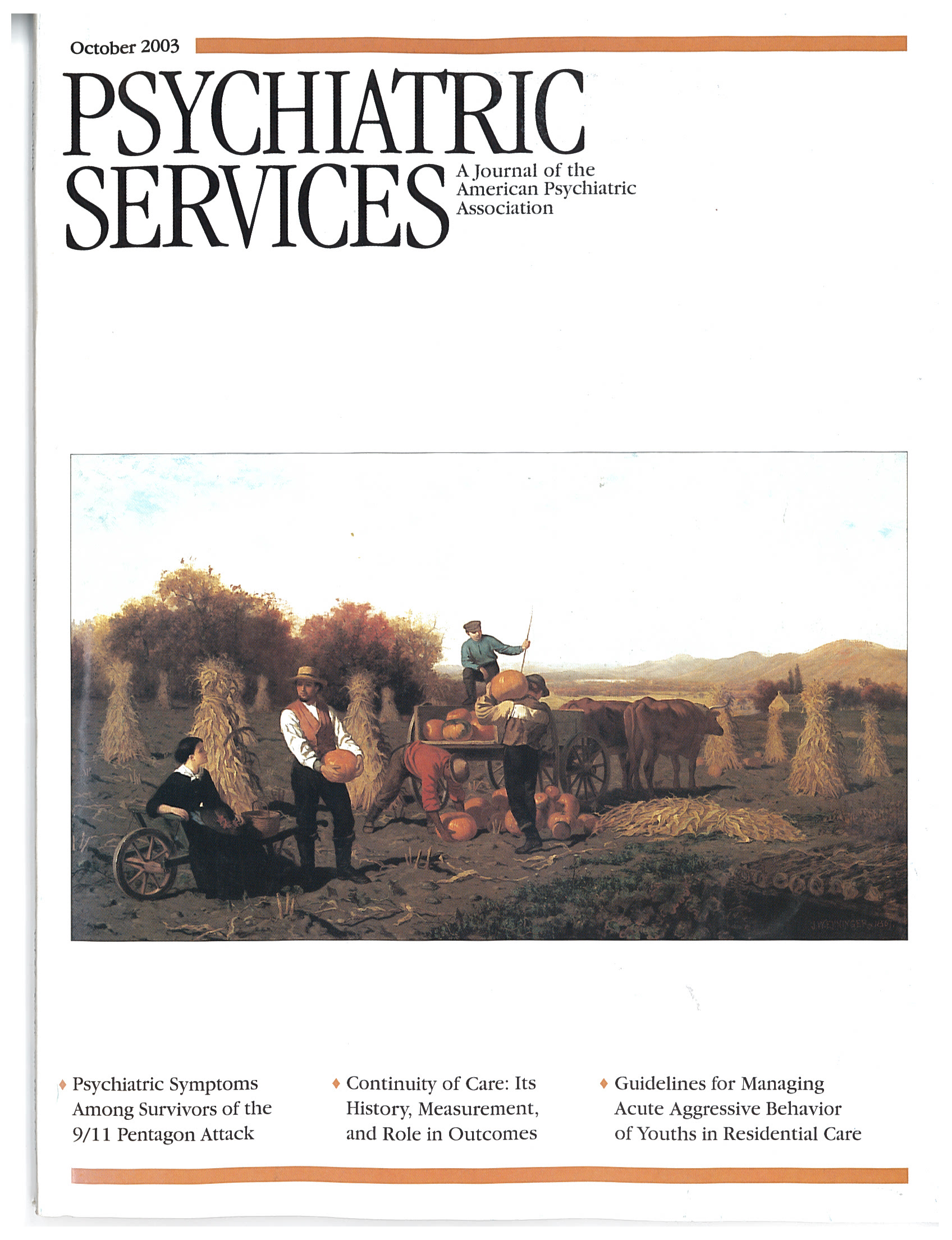Posttraumatic Stress Disorder, Alcohol Use, and Perceived Safety After the Terrorist Attack on the Pentagon
Abstract
OBJECTIVE: The authors examined posttraumatic stress disorder (PTSD), alcohol use, and perceptions of safety in a sample of survivors of the September 11, 2001, terrorist attack on the Pentagon. METHODS: Analyses were conducted to examine the effect of past traumatic experience, trauma exposure, initial emotional response, and peritraumatic dissociation on probable PTSD, substance use, and perceived safety among 77 survivors seven months after the attack. RESULTS: Eleven respondents (14 percent) had PTSD. Those with PTSD reported higher levels of initial emotional response and peritraumatic dissociation. Ten respondents (13 percent) reported increased use of alcohol. Women were more than five times as likely as men to have PTSD and almost seven times as likely to report increased use of alcohol. Persons with higher peritraumatic dissociation were more likely to develop PTSD and report increased alcohol use. Those with lower perceived safety at seven months had higher initial emotional response and greater peritraumatic dissociation and were more likely to have PTSD, to have increased alcohol use, and to be female. CONCLUSIONS: The association of perceived safety with gender, the presence of PTSD, and increased alcohol use among survivors of the terrorist attack on the Pentagon warrants further study.



